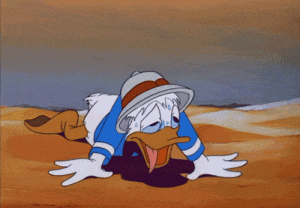
In the hot weather, you will sweat profusely if you walk or exercise a little, so it is very important to replenish water in time in summer.
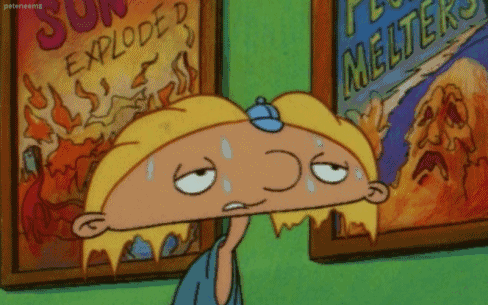
A while ago, there was a news report that a lady’s family was out climbing.
In the process of climbing the mountain, due to the lack of mineral water provided by herself, she who has always been in good health gave the water to her lover and children, and she did not get any water on her own.
Unexpectedly, when she got home, she felt dizzy and fatigued. The next day did not get better. I went to the hospital for an examination and found that my creatinine level was above the normal value. The doctor diagnosed it as prerenal acute kidney injury caused by dehydration.
In recent years, there have been more and more cases of acute renal failure caused by lack of water.
Why does drinking less water cause acute kidney failure? Can I drink water again when I feel thirsty? More water is better?
Why does drinking less water cause acute renal failure?
As we all know, the common slogan in the hot summer is “you must drink more water every day”. Is drinking water really so important?
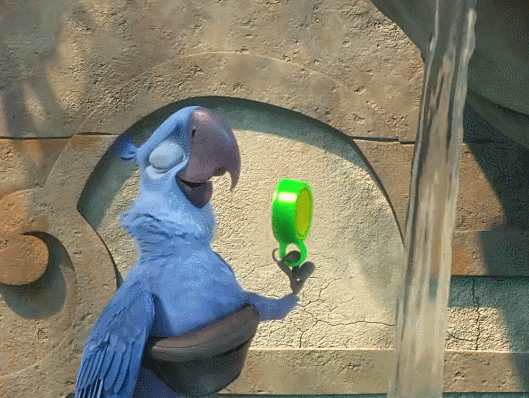
The hazards of drinking less water include fatigue, lack of energy, loose skin and lack of elasticity, less sweating, poor detoxification, reduced urine volume, easy formation of stones, dry stools, constipation and intestinal cancer. Especially severe water shortages may also cause acute Kidney failure.
Renal failure and uremia are largely caused by insufficient renal plasma flow perfusion and decreased glomerular filtration rate.
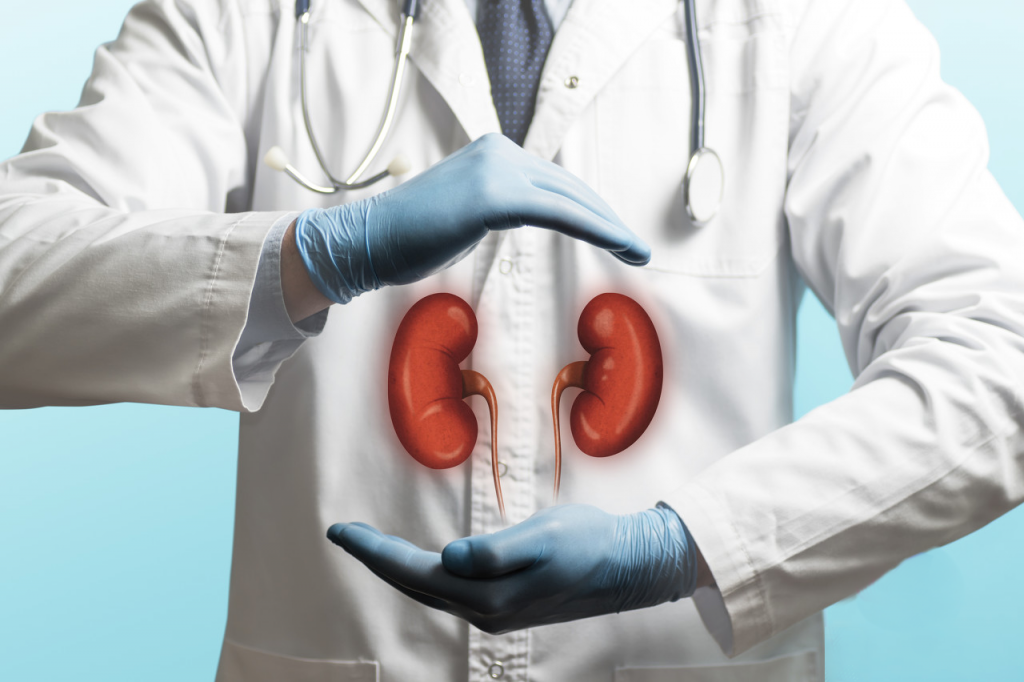
If you regularly drink less than 1600ml of water a day, it will cause the glomerular capillary blood pressure to drop, and in the long run it will cause the kidneys to chronically reduce the effective circulating blood volume. Simply put, the kidneys are like the water pump in life. If there is no water If you continue to use it, it is equivalent to “dry burning”.
What are the signs of lack of water in the body?
Usually drinking less water leads to insufficient water intake, usually the following manifestations:
1. Dry and thirsty
This is the earliest and most basic reaction in the body, and it is also an important signal that the body tells about lack of water. Because of the lack of water in the body, the production of mucosal secretions in the body will be greatly reduced, resulting in dry mouth and tongue.
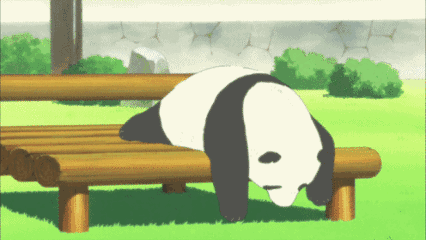
2. Dry skin
Itching, scaling, or even cracking and sunken eye sockets in severe cases.
3. Yellow urine
The frequency of urination is reduced, and in severe cases, acute renal failure can lead to complete anuria.
4. Dry stool
Intestinal peristalsis is weakened, and constipation often occurs.
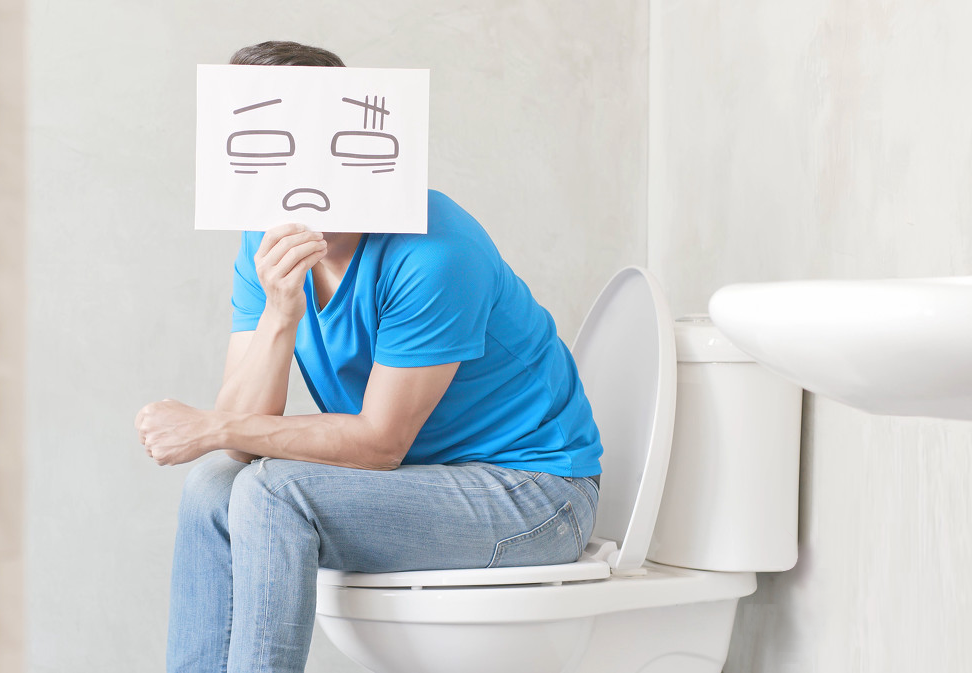
5. Reduced blood volume
Causes the blood viscosity to increase, leading to a drop in blood pressure, dizziness, weak pulse, etc.
The more hydrating the better?
For some special populations, the more hydrating the better, especially those suffering from serious heart disease, kidney and hepatitis B diseases.
Due to abnormal organ function, these chronic diseases are unable to excrete water from the body, which easily leads to systemic edema. If you drink a lot of water, it will increase the burden on the heart and lung organs. In severe cases, sudden death may occur.
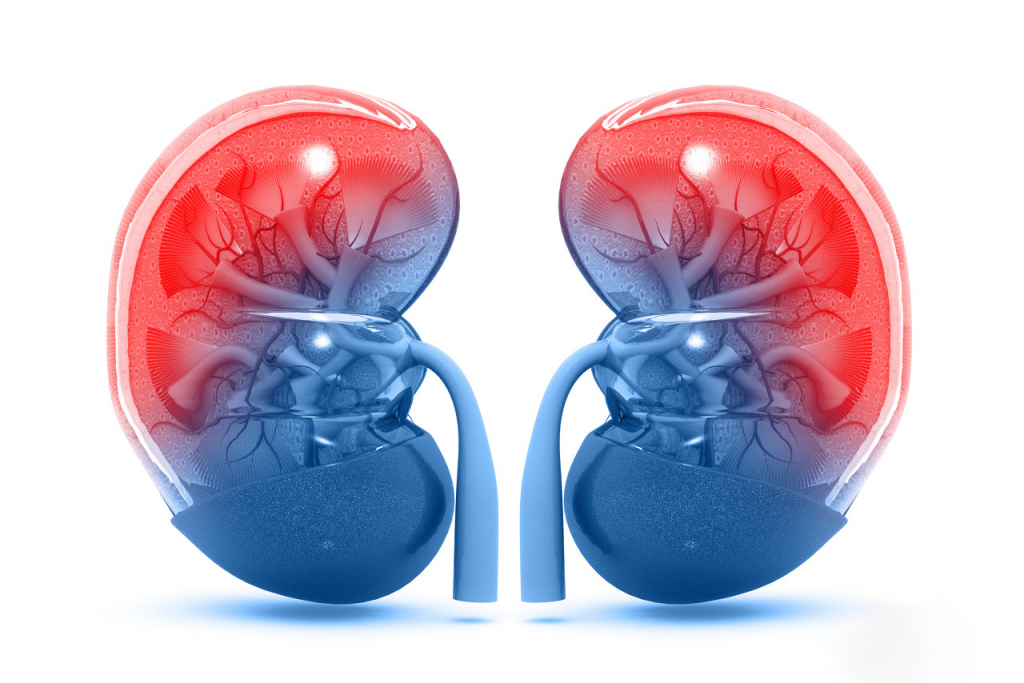
The above population should drink moderate amounts of water under the guidance of a doctor, otherwise it will affect their health.
How to properly hydrate in summer?
Water resources are an important factor that can maintain good health. Especially in summer, the body’s metabolism will be more vigorous, and it is necessary to replenish water in time.
How to properly hydrate in the hot summer?
Drink enough water daily
In addition to metabolism and food, adults with light physical activity living in mild climate conditions should drink at least 1500-1700 ml of water per day.
If you lose too much water due to excessive sweating, diarrhea, etc., you should also increase your water intake appropriately.
Can’t wait for thirsty to drink water
When the body feels thirsty, it often indicates that the body is in a state of lack of water, and the correct drinking habit is to replenish water before your body is lack of water.
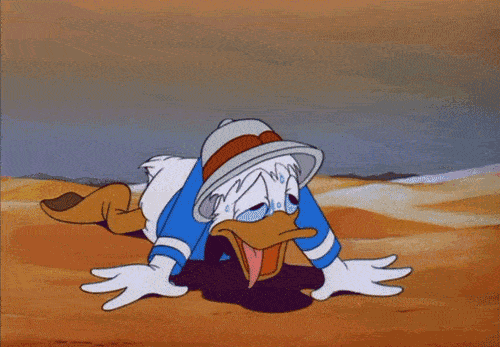
Drinks cannot replace plain water
In a high temperature environment, you sweat a lot. Suddenly drinking some beverages or cold drinks containing fat, protein, and sugar can only suddenly lower the body surface or local body temperature, and it will not last for a long time to relieve heat and quench your thirst.
Moreover, after high-sugar beverages enter the body, they also need to consume the water stored in the body to help complete the metabolism, giving us a feeling of “the more we drink, the thirsty”.
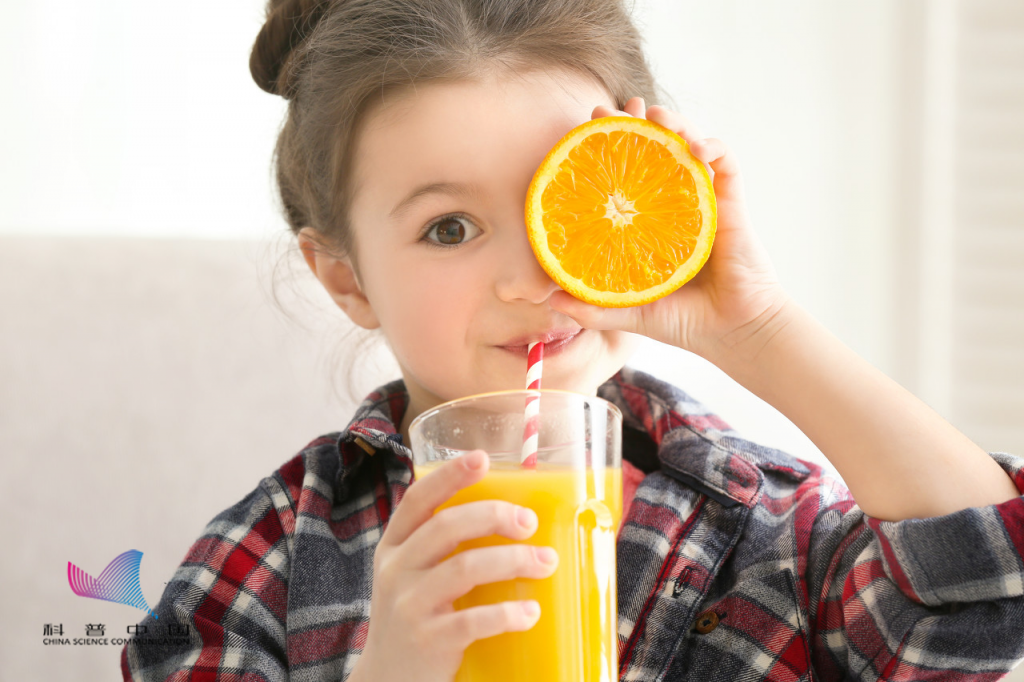
Therefore, we often say that we must master the correct method of drinking water. Drinking more cool boiled water will be healthier for the body, quenching thirst, and cooling the body. Because it is the easiest to be directly absorbed and used by the human body, it plays a role in regulating the balance of body fluids inside and outside of human cells.
It is worth noting that sweating increases significantly after exercise in summer, which will lead to the loss of electrolytes in the body. If you continue to exercise vigorously for more than an hour, you can drink some sports drinks appropriately to maintain the balance of electrolytes in the body.
Tips for hydrating time
It is best to keep a bottle of cool boiled water in summer to replenish the body at any time.
Drinking a glass of water an hour before a meal can prompt the drinking water to quickly replenish all tissue cells in the body, meet the body’s need for water digestion and metabolism, increase appetite, and promote digestion.
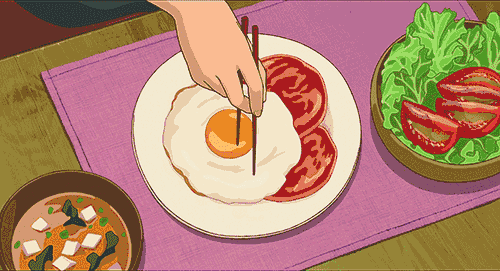
Drinking one or two glasses of boiled water after waking up in the morning can replenish the water lost at night; in the evening, you should also drink an appropriate amount of water before going to bed and during the night to reduce blood viscosity, thereby preventing myocardial and cerebral infarction.
If you are about to eat or have just finished eating, do not drink a lot of water to avoid diluting gastric acid. The concentration of gastric acid is too low, which will affect the digestion and absorption of food.
Comments